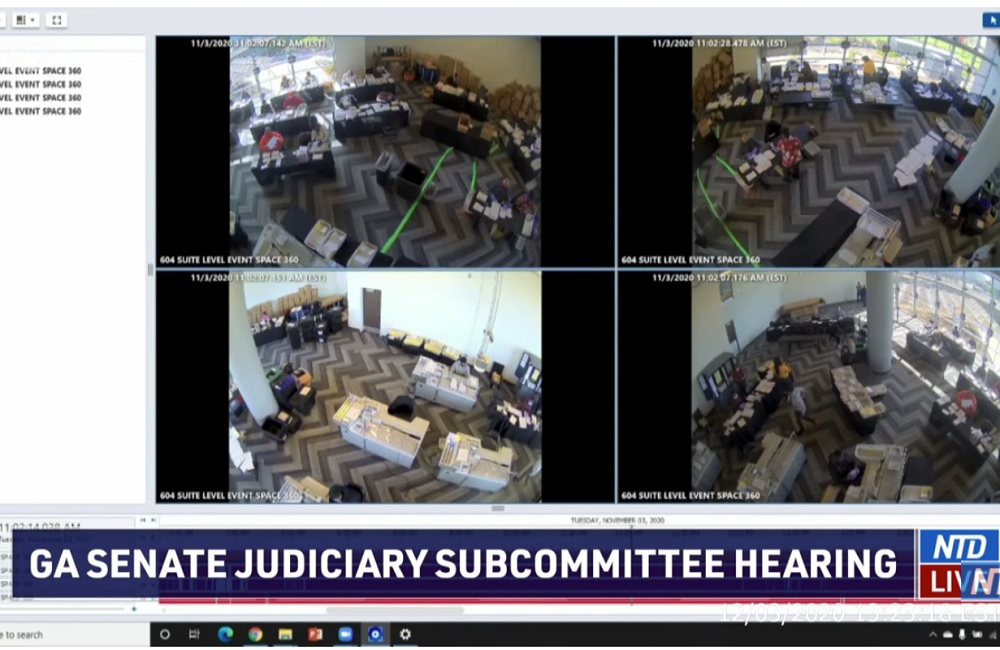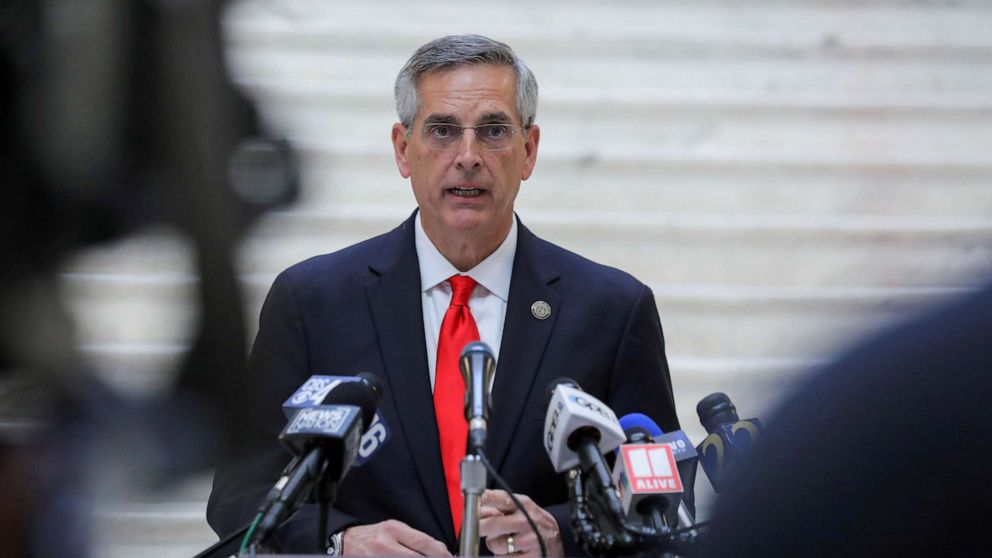Okay, there's some interesting stuff here.
1)
Ansolabahere makes an objection about the fact that list-matching is based on a faulty technique, using only name and date of birth. However, the rebuttal from that Twitter source is that Braynard's methodology collects data with other relevant information (e.g. address) as a huge gotcha that Ansolabahere is wrong. However, the Twitter rebuttal does not clearly address Ansolabahere's complaint. The mere fact that Braynard had other identifiers from the database
does not mean that he used them for list matching. If this is the case and these other data were not used for list matching, then Ansolabahere's criticism of Braynard is correct. Another possibility is that Braynard did use these for list-matching, but failed to explain this in his methodology: which means Ansolabahere is technically wrong only because Braynard failed to accurately describe his methodology. In short, we have no way from the information in that Twitter feed to accurately judge what the situation is.
The next two objections are also not robust rebuttals of Ansolabahere either:
2)
The first claims he authored a paper claiming the NCOA was adequate to determine accurate voter lists. That is
not what his paper actually appears to say, as it identifies using the NCOA
and other databases - in other words, the NCOA is not used on its own.
3)
The second claims Ansolabahere authored a paper in which he said names and date of of birth were sufficient for 99% reliable unique identifiers within the same database (specifically, Texas). But that's not what Braynard has done here: in list-matching, Braynard is comparing two databases, which is a different task with a different risk of error.



